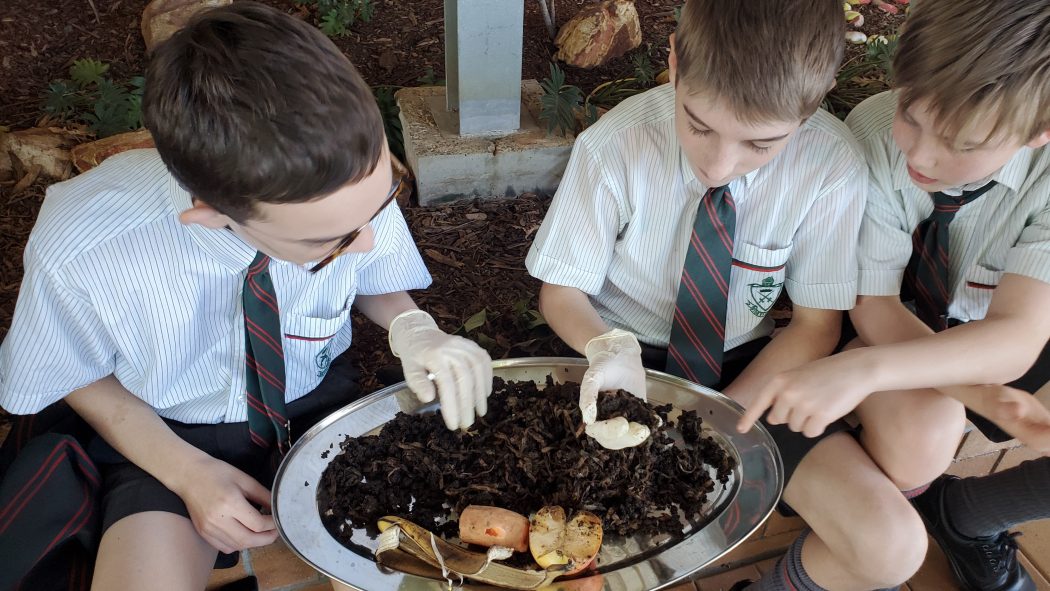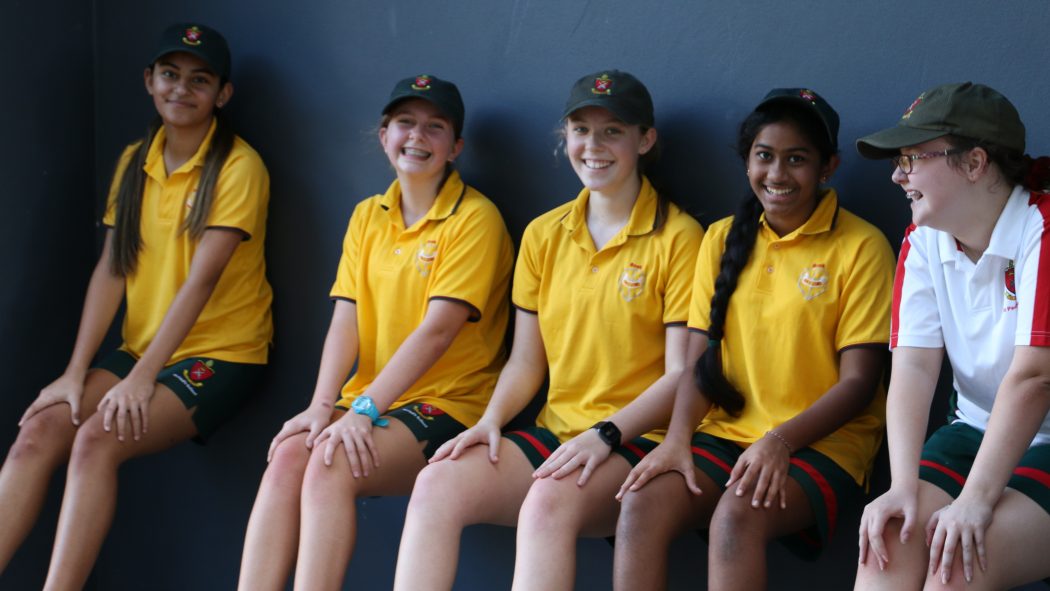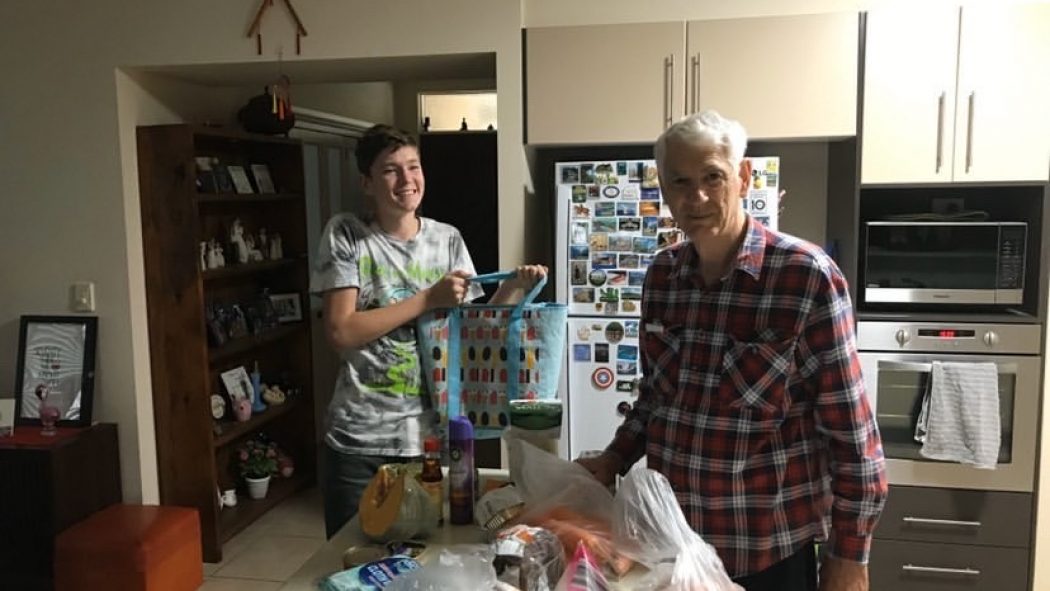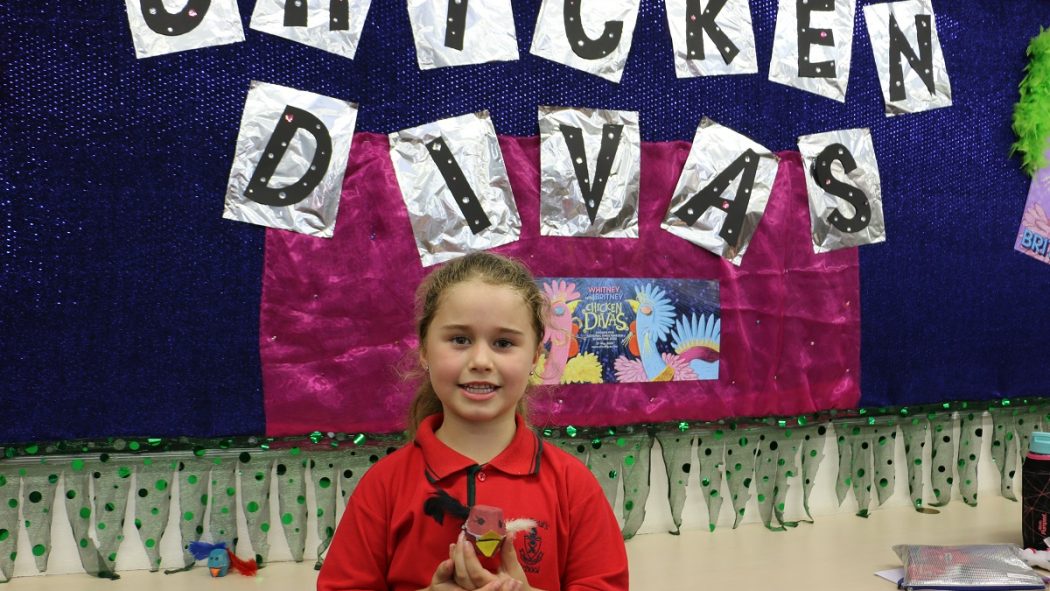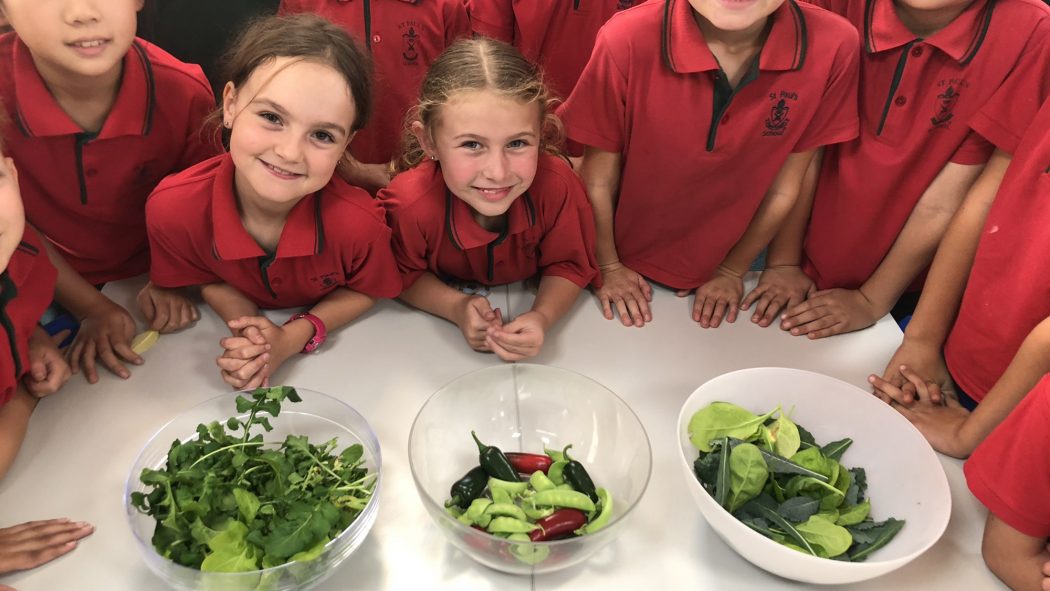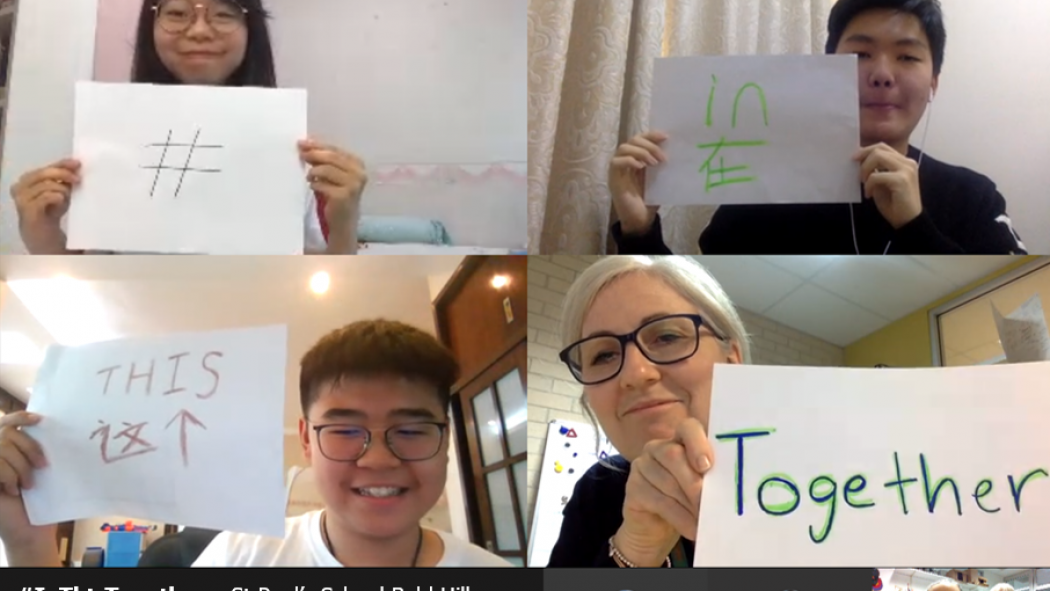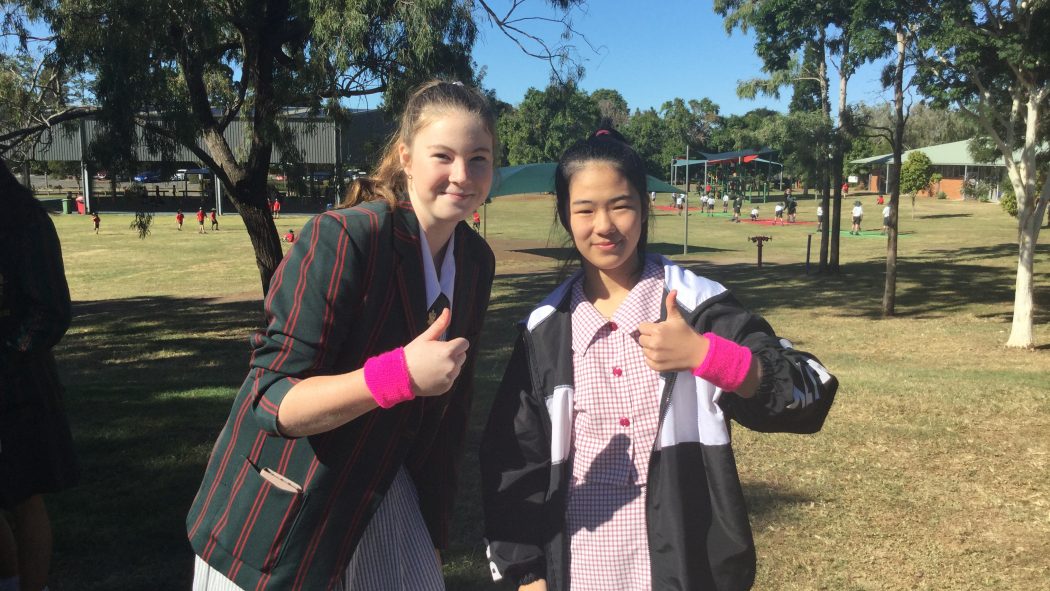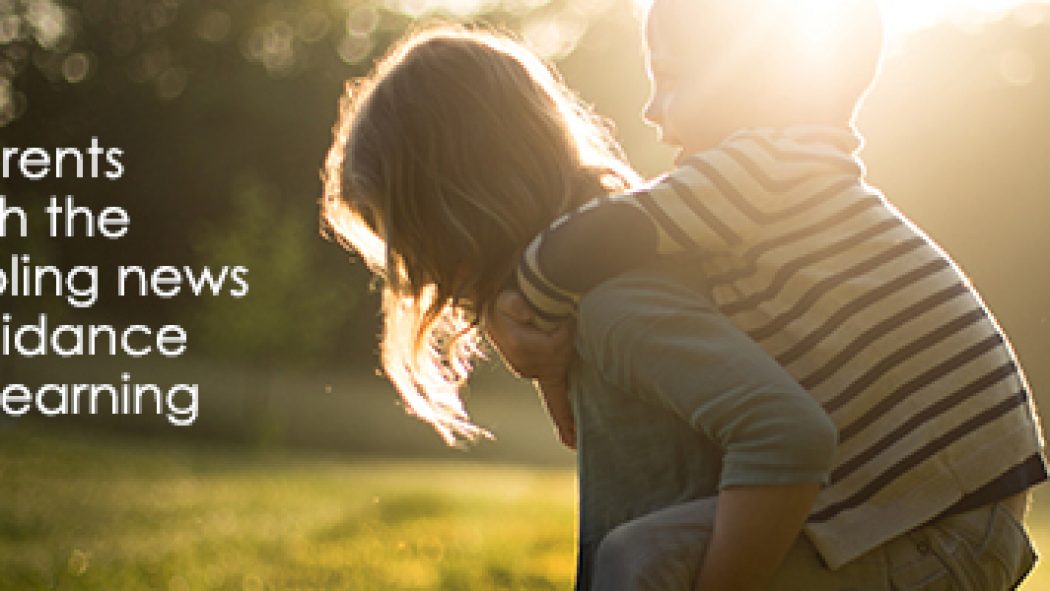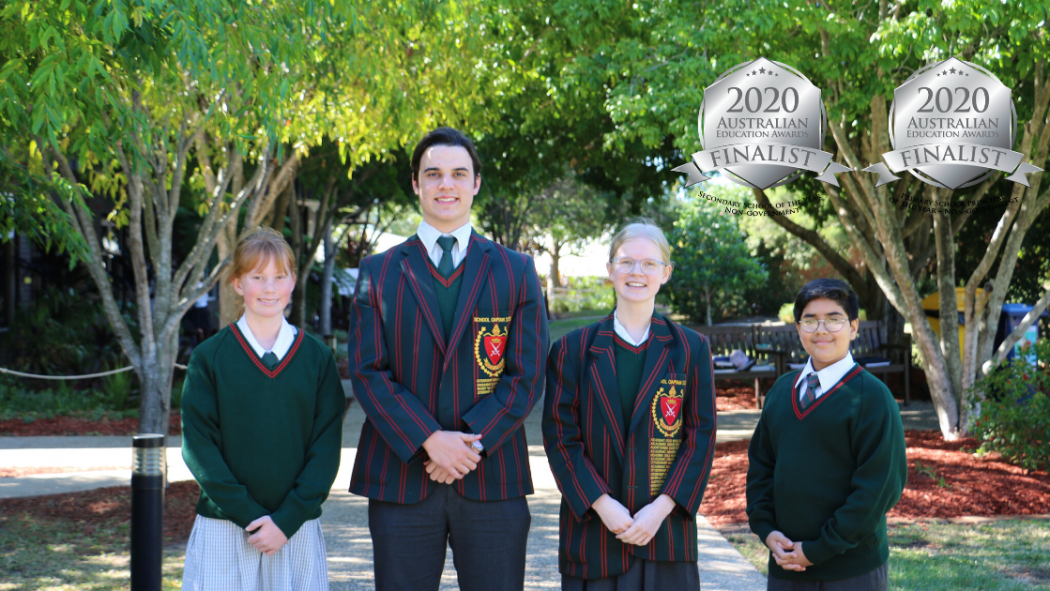Some tips, article and advice from our School Counsellors.
Anxiety and Talking to your Child about Seeing a Therapist
I recently had the pleasure of listening to Australian Psychologist Karen Young speak about Anxiety. Karen is an expert in this field and has developed a fantastic website full of information and resources including her anxiety program called ‘Hey Warrior.’ You can find her Facebook Page @ Karen Young – Hey Sigmund and her website https://www.heysigmund.com/
Karen Young recognises that as parents, it can be extremely difficult to support your child/ren who are experiencing anxiety. This is because supporting our children can often mean pushing them to do something that they are finding very challenging and, in some cases, debilitating. Our first instinct is to protect and take away those uncomfortable feelings a task or situation is bringing them. Often people with anxiety will want to avoid the situation or task that they are finding difficult too. However, this is not helpful in the long term. Initially, the person will experience relief in avoiding the situation but will experience greater anxiety the next time they are faced with the situation.
Some of Karen Young’s top tips about anxiety are:
- Anxiety should not be a STOP SIGN
- We need to support students to move forward WITH their anxiety
- The only way to deal with anxiety is to go through anxiety. The brain needs to learn from experience eg. ‘That wasn’t so bad’ and ‘I was anxious AND I did it’.
When anxiety begins to stop a person doing the things they need to do in life, such as going to school, or things they want to do such as attend parties, you may need to look at getting professional help. This can sometimes be a difficult topic to discuss with your child as they may initially resist wanting to seek help or speak with someone. Karen Young talks about making the conversation about strength rather than a deficiency. Seeing a Therapist doesn’t mean there is something wrong with you. It means you may be:
- Seeking clarity in some areas of your life
- Wanting to work through complex emotions
- Working through a traumatic experience
- Learning new techniques to cope with difficult situations
- Focused on personal growth
At St Paul’s School, we have an amazing Wellbeing Team that includes Tutors, House Leaders, Executive Director of Faith & Community and two School Counsellors, Karen Semple who looks after students in Years 9 – 12 and Amanda Pashen who looks after students in PP to Yr 8. Having a conversation with your child’s tutor is a great starting point if you are concerned about your child. From here, they can speak to other members of the Wellbeing Team, as appropriate, to support you and your child. Alternatively, parents are able to directly refer their child to the Counselling support available.
Re-setting Friendships: What parents need to know about returning back to school
Michelle Mitchell
COVID-19 has impacted our children in diverse ways, not all of which have been negative. In fact, many of our tweens and teens have flourished at home, or in smaller (and more relaxed) class groups. They have had more time, less pressure and fewer peers to compete with. As all children return to school, they will experience yet another adjustment which will be more difficult for some than others.
There is always a natural shifting and sifting of relationships during transitions. Coming back from regular school holidays, graduating to the next year level or a movement to another school or high school are all transitions that our children have experienced before. However, the transition back from isolation will have some unique factors, and there are two types of COVID-19 specific friendship dynamics I want parents to be aware of:
Newly Found: Those children who have been attending school during this time have forged new relationships. Their besties haven’t been present. They have had smaller class numbers, and they have had the opportunity to see other students in a “different light”. These newly established bonds will soon be interrupted.
Power Groups: There has also been the arrival of the “power group”. They are smaller groups of students who have forged a bond while away from school. On arrival back to school they are tighter than ever and have the inside knowledge of each other’s COVID-19 time. Exclusivity is tough to crack into, and uncomfortable to be around.
How can we help our kids navigate the transition back?
It is worth suggesting that we are not returning to school “as we left it”. Some things will be different than they were, including friendships. This may be tough for some of our children to accept and navigate. I have been explaining it like this, “The feeling of “normal” will come as we accept change and settle into a new rhythm.” We are searching for a feeling more than we are searching for our past life.
Many young people will strongly desire to hang onto the life they remember. Unfortunately, that drives anxiety and self-protective behaviour. It is powerful to teach children to recognise signs of anxiety in themselves and others. Attempts to isolate, reject or dominate others need to be clearly identified as being unhelpful. On the contrast, when people feel safe they don’t feel the need to protect themselves at the expense of others.
Anxiety also drives rigid thinking that either describes classmates as “besties” or “enemies”. One of the most powerful conversations we can have with our children is around “in-groups” and “out-groups”. New circumstances have the potential to help us to get to know “out groups” and see beyond our usual boarders.
The return back to school is also a great opportunity to re-set friendship groups and forge new ones. I hope to encourage young people to be flexible in both who they include and reach out to. I also hope they can return to school open hearted, looking for those who need including.
We will see greater anxiety, anger, frustration, withdrawal and sadness from young people during this transition time which could make for some explosive friendship moments. The last few months has taken an emotional toll on many, our tween and teens included. Some young people will be bringing heightened states of anxiety, loneliness and depression with them on their return.
Please don’t negate how hard it is for young people to make this transition back to school. Now is a good time to arm shy or anxious kids with conversation starters for their first day back. COVID-19 is going to give every student common ground and a good starting point for discussions.
Encourage your young person to be the friend they desire in others. Times like build reputations, and make memories. Friends who are inclusive, kind and predictable will leave a lasting impression on each other. If I could encourage young people to do anything it would be to “think about tomorrow” and “be true to themselves and their character”. Pushing and shoving don’t get you to your end goal any quicker.
And finally, our kids may need to lean on our patience, foresight and strength until things find their natural rhythm again. That’s what we are here for. Once again, home is designed to be the hero in their lives.
Source: https://michellemitchell.org/new-blog/re-setting-friendships-what-parents-need-to-know-about-the-return-back-to-school
 I want to suggest the answer is that we teach (and show) them the true meaning of the word ‘meekness’. It’s a much-misunderstood word, often confused with weakness. However, the word meek from the original Greek language was used to describe reining in a stallion. A horse that has been suitably ‘gentled’ (not ‘broken’) has learned to submit to authority. That is meekness. It is power under control.
I want to suggest the answer is that we teach (and show) them the true meaning of the word ‘meekness’. It’s a much-misunderstood word, often confused with weakness. However, the word meek from the original Greek language was used to describe reining in a stallion. A horse that has been suitably ‘gentled’ (not ‘broken’) has learned to submit to authority. That is meekness. It is power under control. Mr Nigel Grant
Mr Nigel Grant
 While students were learning at home, Paul was feeling a bit lonely here at School. He missed the community spirit, friendly high fives and lunchtime laughs. Paul had a lot of catching up to do!
While students were learning at home, Paul was feeling a bit lonely here at School. He missed the community spirit, friendly high fives and lunchtime laughs. Paul had a lot of catching up to do!